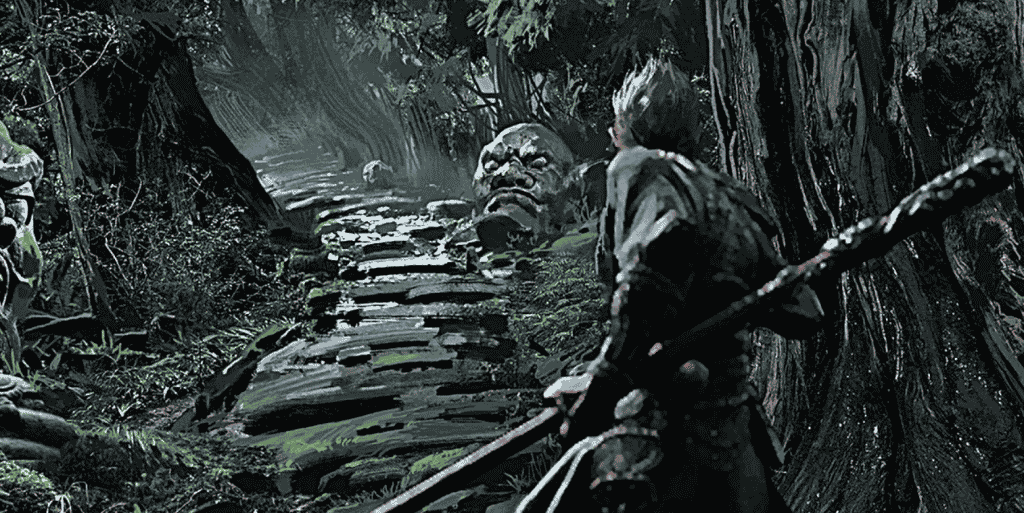The crypto boom may be slowing down, but blockchain gaming is just getting started. Still, say experts, game creators are too often designing games for other developers instead of gamers. The result: scaring away a huge potential audience by, for example, forcing them to install Metamask or buy expensive tokens before they know whether they want to play or not. No wonder that crypto gaming has yet to crack a substantial piece of the gaming pie. According to the 2021 annual report by the Blockchain Game Alliance, the worldwide crypto gaming industry generated $2.3 billion in 3rd quarter revenue last year—a tiny fraction of the $180+ billion generated by the overall gaming market.

Now, a creative visionary and serial entrepreneur is disrupting the blockchain gaming space. His ecosystem, PLAYN, will bring blockchain gaming to the masses next year by dropping technological barriers to entry, creating fun games, and providing real value for token holders.
“With so many play-to-earn companies telling you about the earning possibilities, it seems like they have lost sight of a fundamental truth—that games are meant to be fun!” says Matt Lobel, PLAYN’s founder and chief operating officer. “PLAYN focuses on the fun and, in the process, gives control and governance back to the players.”
Lobel thinks that the gaming industry as a whole needs to stop seeing its audience as a “bank account to withdraw from.” He compares many blockchain-based games to their crypto cousins, NFTs, which many developers initially treated as money grabs rather than focusing on how to deliver unique experiences for their users. Gamers, Lobel says, were smart enough to figure it out and stayed away, but he thinks the play-to-earn model is still a winner. “What blockchain gaming is doing,” he says, “is opening up aspects of games that are currently closed.”
Though still in the development stage, PLAYN is already incorporating open standards into the transportable visuals of their games. This will allow players to take items purchased or acquired in one game and bring them into the project’s open metaverse, called PLAYN with Friends. Other in-game assets will also be transportable to other games within the PLAYN ecosystem, and even across other ecosystems that are compliant with the same open standards PLAYN conforms to.
Indeed, interoperability is one of the reasons that Lobel created PLAYN, and it extends to rewards as well. PLAYN’s “tokenomics” allow players to earn in-game currency that is convertible into GameGold, PLAYN’s ecosystem token, which may then be traded on both centralized and decentralized platforms for other crypto such as Bitcoin or Ethereum. In order to stoke price appreciation, Lobel says that PLAYN’s token supply will be tightened organically and gradually.
The crypto side of the gaming industry remains primarily focused on financial aspects, which is understandable considering the resources required to build out the Metaverse—Meta Networks has already spent more than $10 billion on its own efforts—but that doesn’t mean that game developers shouldn’t focus on players as well. “The industry is currently morphing from free to play into play to earn,” Lobel observes. “But the really cool part has less to do with the money being earned; it’s really the way that the players can, utilizing blockchain governance and ownership of their purchased or acquired assets, have more control over their gaming experience. This is a huge shift from what they have had in the past.”
The first game to launch on PLAYN, Darklin Wars, is billed as a massively multiplayer RTS, wherein thousands of players vie to dominate the kingdom, subduing powerful monsters, facing dark powers and creating, then deploying Darklin—fantasy creatures who are completely customizable. A second game is ready for production. Ultimately, Lobel envisions 60 games within 6 verticals. All will link into the PLAYN with Friends Metaverse, and beyond.
Like the much-hyped DAOs (decentralized autonomous organizations), PLAYN’s ecosystem will be governed by the players who choose to stake their tokens. Lobel’s team will provide a list of decisions every quarter that token holders can vote on, ranging from development directions, a curated list of games to add and retire, community standards, and whatever other issues prove important to the community.
“Our project is in the early stages but our existing game community has been quite enthusiastic,” Lobel says with a grin. “As we have spread word on the project to those in the Web3 space, we have likewise had positive feedback. People are eager to have a game ecosystem in the space that is not just a glorified casino.”
